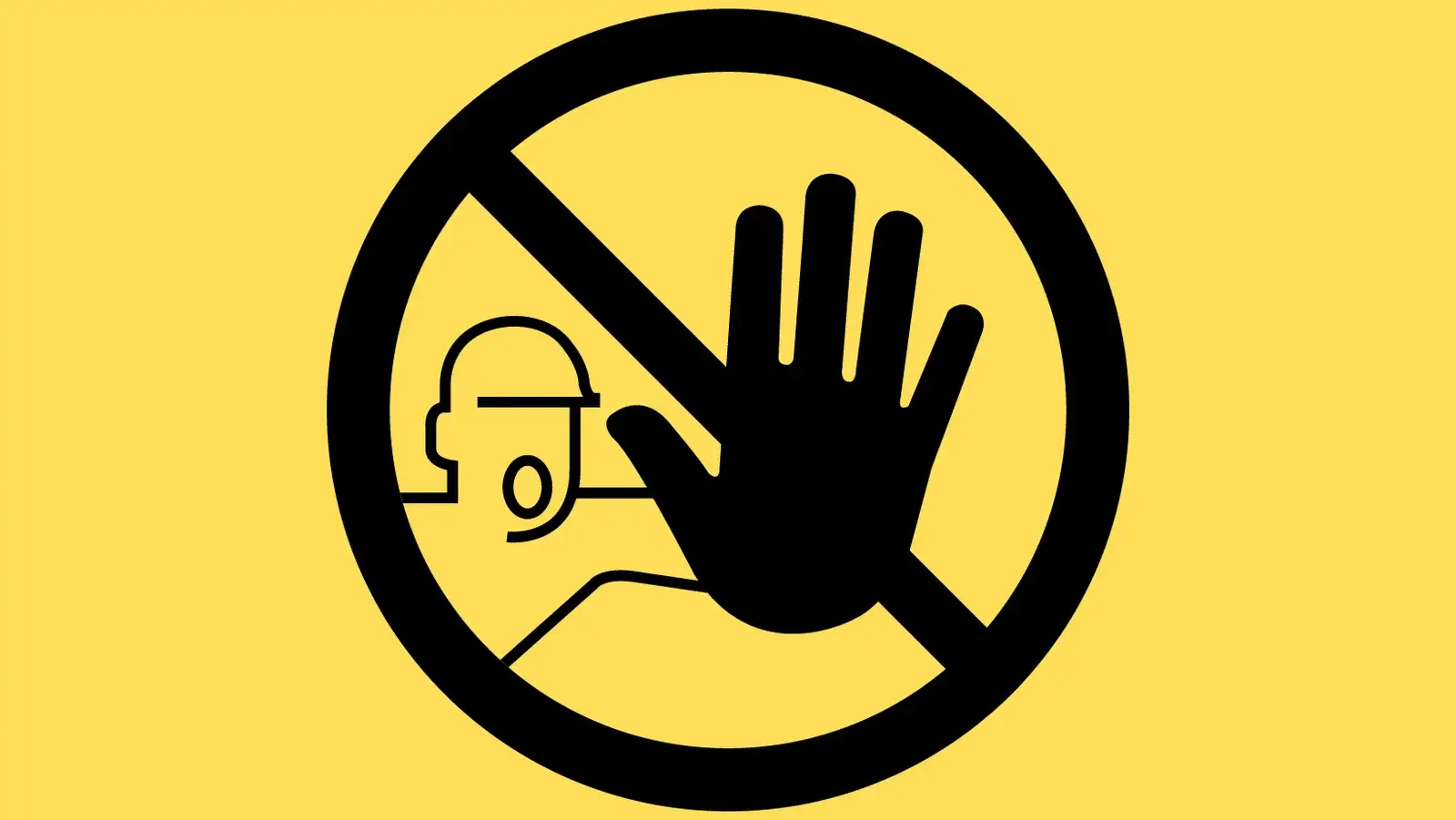Navigating Prohibited Steps Orders
In the complex landscape of child custody in the UK, the primary concern is undeniably the child’s welfare. When concerns arise about a parent’s decisions, the court may take action by issuing a Prohibited Steps Order (PSO).
Understanding Prohibited Steps Orders
A PSO, essentially a court-issued directive, aims to prevent specific actions or decisions that could significantly impact a child’s upbringing. This proactive measure seeks to address concerns about potential harm or actions that run counter to the child’s best interests.
Examples of Restricted Actions necessitating a prohibited steps order
To elucidate, consider the following scenarios:
- School Changes: This restriction prevents a parent from altering the child’s school abruptly.
- Relocation: Intervening when a parent contemplates moving to a different city or country is a critical facet.
- Medical Treatment: It imposes limits on medical decisions, especially in cases where one parent strongly disagrees.
- Contact Restriction: This measure prohibits contact with individuals deemed potentially harmful.
Flexibility is inherent in PSOs, demonstrating their ability to tailor their scope to the unique circumstances of each case.
Procuring a Prohibited Steps Order
Securing a PSO is a nuanced process that involves filing an application for Child Arrangements Order with the Family Court. This application explicitly outlines the actions to be prohibited, accompanied by compelling supporting evidence. Throughout this process, the court maintains a keen focus on the child’s welfare, often seeking input from professionals.
Real-world Example: John’s Concerns about Mary’s Actions
To illustrate, let’s delve into a real-world scenario involving John, a father deeply concerned about his 10-year-old daughter, Emily. Uncovering Mary’s intention to relocate with Emily to a different country due to a job opportunity, John is understandably anxious about the potential upheaval.
In response to these concerns, John decides to apply for a Prohibited Steps Order, firmly believing that such a significant change could disrupt Emily’s life and compromise her overall well-being.
Should the court align with John’s concerns, they may issue a temporary PSO, momentarily halting Mary’s plans until a thorough assessment is conducted. This underscores the court’s commitment to ensuring that decisions prioritise Emily’s best interests.
In Conclusion
Prohibited Steps Orders emerge as indispensable tools in safeguarding children’s interests amid parental disputes. Consulting a family law professional becomes imperative for effective navigation through legal complexities, ensuring that the child’s welfare remains steadfastly at the forefront. These orders, as demonstrated, serve as a means of providing stability and protection when parental decisions have the potential to adversely impact the child’s well-being.


